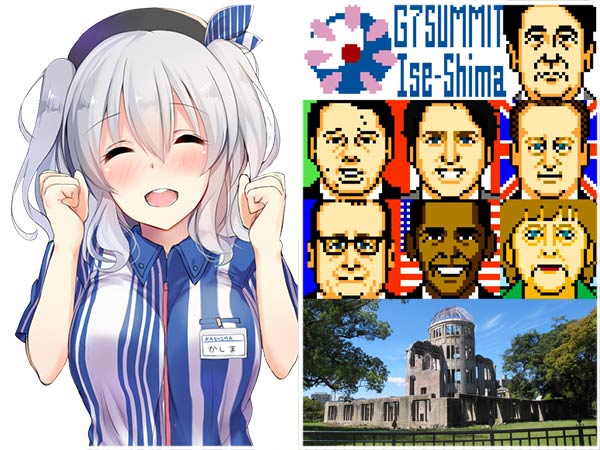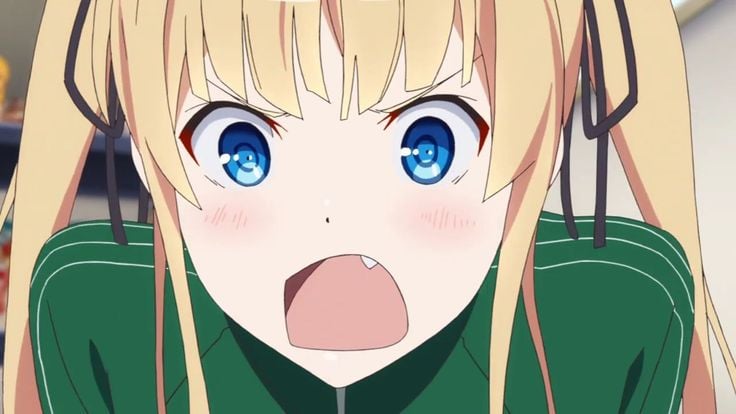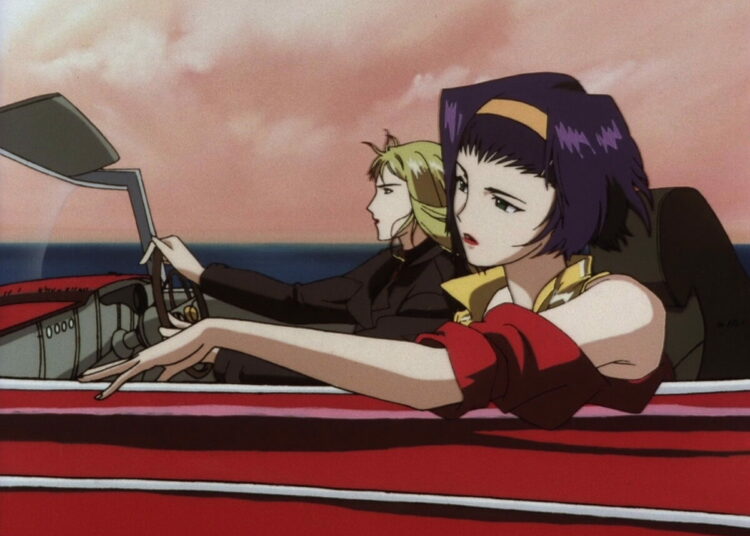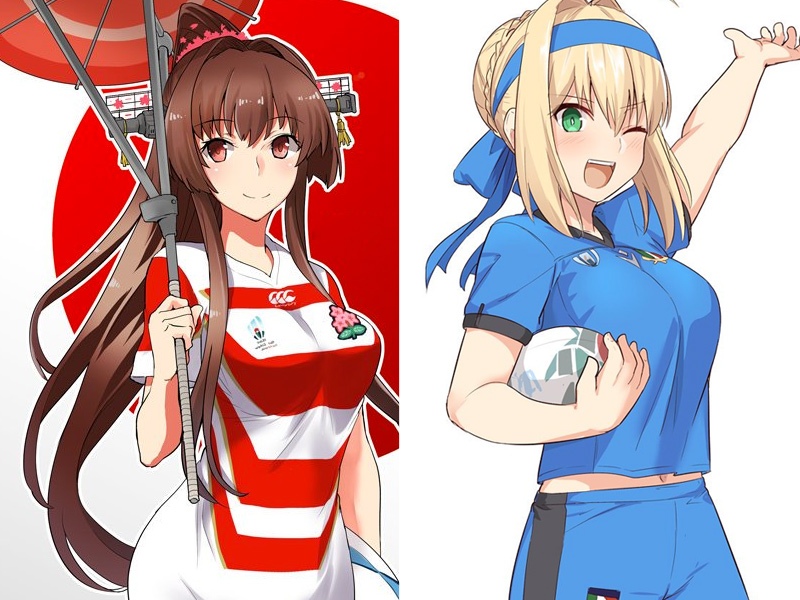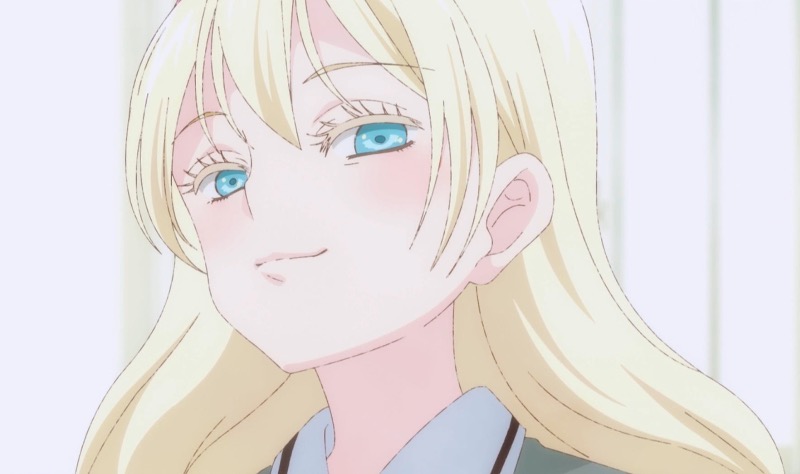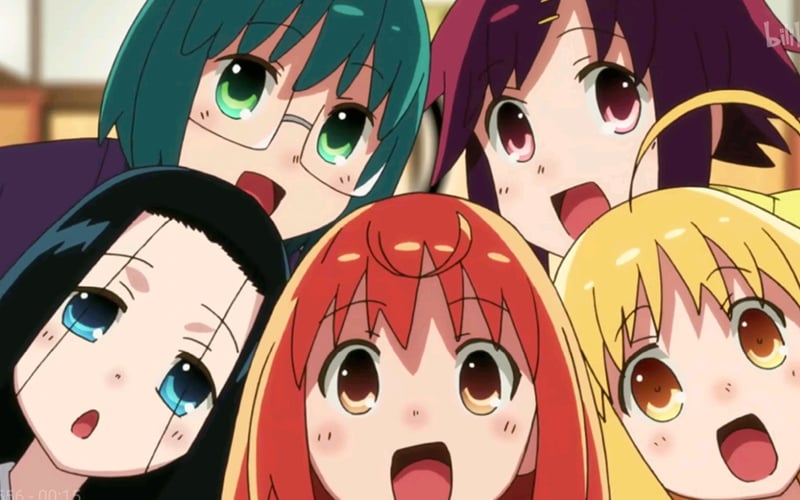The G7 meeting in Japan is currently under way, and while the Japanese news media gave extensive coverage of the global issues being discussed by the various world leaders, the Western press decided Barrack Obama’s visit to Hiroshima is a much bigger story. The subject of Hiroshima is a complex one, and I’d like to subjectively describe the views expressed by various Japanese I’ve met during my 25 years in the country. People of my mother-in-law’s era, who were children during the war, have a universally positive view of America, praising the way Douglas MacArthur forced Japan to surrender then enacted reforms that laid the groundwork for Japan’s transition to a peaceful member of the world community of nations. I’ve been told several times that MacArthur’s positive “can-do” spirit is the reason the Japanese were able to find the hope to rebuild their devastated country. Younger Japanese frankly are less likely to feel a connection to the atomic bombings — the way you or I might not have a strong opinion about the sinking of the U.S.S. Maine in 1898 — and would probably bring out their hakuna matata-like slogan shikata ga nai, meaning basically, “It’s all in the past, it can’t be helped, there’s no use dwelling on it.” The only time I’ve seen strongly worded criticism of America’s decision to drop the bombs was an interview with Akihiro Miwa, the flamboyant actor and singer who plays the voice of Moro the wolf in Princess Mononoke, who survived the attack on Nagasaki as a boy. The subject is still so taboo, that only someone with Miwa’s force of presence could get away with actual criticism on camera. (Image source)
All languages make use of onomatopoeia, words that are derived from the way they sound, though Japanese take the idea of onomatopoeia a bit further than most languages, assigning “sounds” to actions, states and conditions in creative ways. For example, a person’s eyes shining brightly makes the “sound” kira kira, or kyoro kyoro if they’re moving from side to side, looking around (like Ataru looking for new girlfriends). When you get nervous your heart goes doki doki, and when you smile cheerfully the sound is nico nico. There’s even a sound for someone staring intensely (jiiiii!) and even one for silence (shiiiin), which is the sound I usually hear after one of my famous gaijin dad jokes.
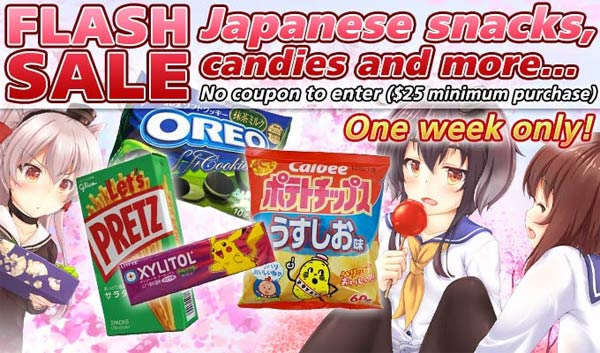
J-List’s fiscal year is almost over, and we’re having one last big “flash sale” to allow you buy our stock of awesome Japanese products, this time on our entire stock of Japanese snacks, from traditional dagashi to Japanese drinks and more. Get 15% off all snacks for the next week!


